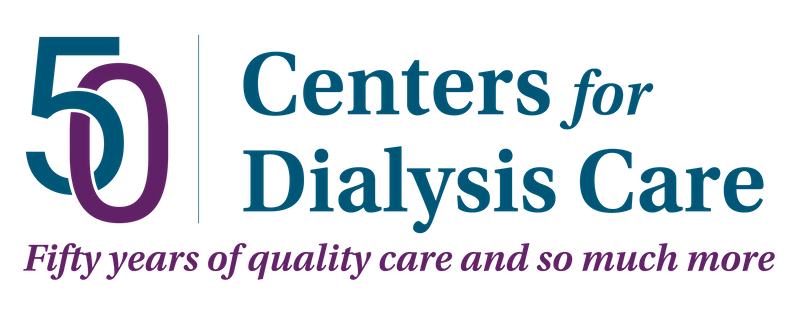Peritoneal Dialysis
Peritoneal Dialysis is a procedure that uses the lining of the abdominal cavity (peritoneal membrane) and a cleaning solution (dialysate) to draw out waste products and extra fluid from the body. A permanent catheter is inserted by a surgeon. The dialysate travels through a tube into the abdomen. The fluid remains in the abdomen for several hours. Then the dialysate is drained and a fresh dialysate is placed. The cleaning process starts again.
Peritoneal Dialysis is a form of self-treatment. It is repeated 4-5 times a day, every day. The exchanges take approximately 30 minutes. It can be done with or without a partner.
One form of Peritoneal Dialysis is called Continuous Ambulatory Peritoneal Dialysis (CAPD). Continuous means that the dialysis will continue throughout the day. Ambulatory refers to the dialysis being done outside of a medical facility. It is done by the person on dialysis. It can be done at home, work, or while traveling.
Another form of Peritoneal Dialysis is called Automated Peritoneal Dialysis (APD). Peritoneal Dialysis can be done at night with the aid of a machine called a cycler. The machine is set up in the bedroom. APD is done overnight with the cycler machine that automatically performs exchanges while the patient sleeps.
Peritoneal Dialysis requires:
- A permanent catheter is placed
in the abdomen - Training which takes approximately
1-2 weeks at the dialysis facility - A commitment to do exchanges seven
days a week or use the night cycler - Space available at home for supplies
and equipment
Advantages of Peritoneal Dialysis:
- An independent lifestyle
- No travel time to the dialysis facility
- Clinic visits once a month
- Control of schedule
- No use of needles or blood for dialysis
- Therapy can be done while sleeping
- Portable therapy, permitting easy travel
- No partner is required to perform treatment
- Treatments can be done at home or work
CDC Provides:
- Bright and clean training rooms
- Staff nephrologists
- Skilled registered nurses
- Monthly clinic follow up visits
- 24 hour on call registered nurse
7 days a week - One to one education and training
- Nutrition counseling
- Social work counseling
- Financial counseling
- Free parking
